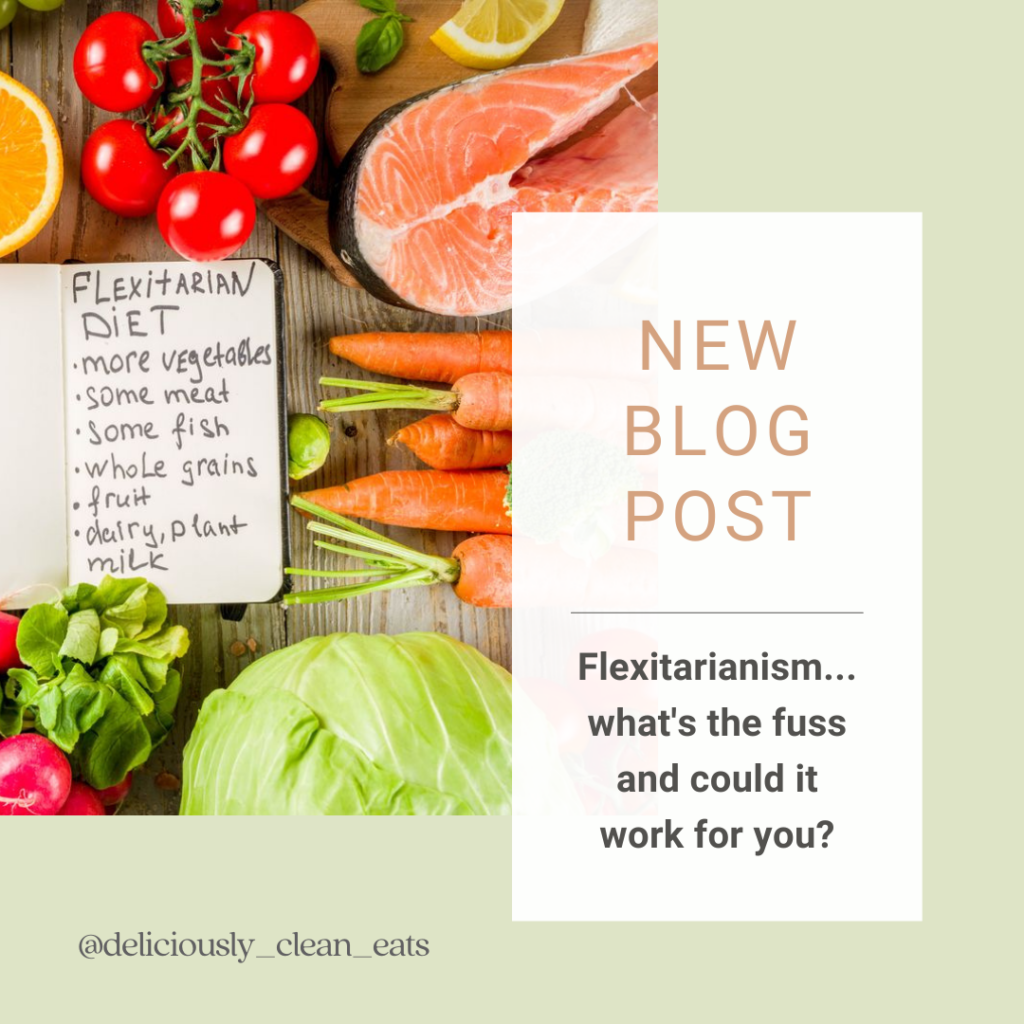Alright guys, I know I totally dismiss diet culture in most of our writing (which I definitely still stand by). However, the flexitarian diet is a bit of an exception to this. This is because the word/diet “flexitarian” pretty much just means being a flexible vegetarian. This alleviates the pressure of conforming to an exact way of eating 100% of the time – kind of ruling it not a “diet”. In light of the restrictiveness and utmost ineffectiveness of other diets (sorry for preaching eek), the popularity of the flexitarian eating regime is escalating rapidly – and it might be something we can get around.
So, what exactly is the flexitarian diet?
Essentially, the flexitarian diet puts a nice, flexible spin on vegetarianism. The overall goal is to focus more on fruits, vegetables and grains and minimize meat consumption. However, the diet adopts a less restrictive mindset by focussing on foods that can be added to the eating regime, as opposed to taken away. This is turn increases the success rate of such a diet by implementing a sense of freedom and expanding food variety. Flexitarians may find themselves eating more mindfully and having a healthier relationship with food, by listening to what their body needs.
What kind of foods can I eat?
The beauty of this diet is that nothing is 100% off limits. However, like previously stated, most flexitarians focus on vegetarian foods with the inclusion of other foods periodically. When meat is consumed, the aim is usually for lean options like fish, chicken, turkey, lean cuts of beef or heart-smart mince. Eggs and lean plant-protein sources like tofu are highlights of this diet, as well as modest incorporation of dairy products – but honestly…dealer’s choice! Flexitarianism accentuates moderation at its finest.
What are the benefits of flexitarianism?
- The flexibility
At the risk of sounding like a broken record, most diets fail because they are too rigid and leaving us feeling hungry and deprived. Flexitarianism adopts a more free-flowing food atmosphere and leaves behind excessive restriction.
- Cut costs
As we all know, meat is on the more expensive side of produce – mainly if you eat a lot of it. There’s certainly funds to be saved by adopting a more plant-focussed eating routine, most of the time!
- Get more nutrients
Can you eat too many plants? Probably not. Fruits, vegetables, and grains will consistently nourish your body with vital vitamins and minerals. With the periodic inclusion of meat sources, you won’t be missing out on too much of what it has to offer as well!
- The social inclusivity
Got a family BBQ this weekend? No need to stress about rocking up and only being able to eat the side salad or worry too much about making something special to bring for yourself. Let’s get flexible this weekend!
- A plus for the environment
Eating a bit less meat is definitely a sustainable choice as far as the plant is concerned. Big win there!
The takeaway
If you’re considering trialling this eating pattern, start slow and define your own version of it. Transitions are easier if they aren’t too drastic! Maybe try a vegetarian dinner 2 nights a week and then increase this as you become more equipped to eating as such. Play around with some fun new recipes to avoid flavour fatigue. Ensure your vegetarian side of things is filled with good, whole foods like legumes, nuts, eggs and tofu, and do your best to make smart meat choices! But most of all, enjoy the process and stay flexy J
